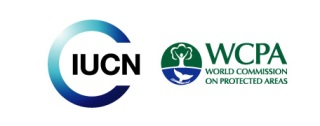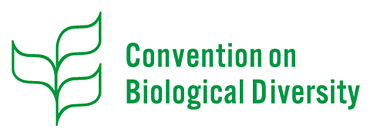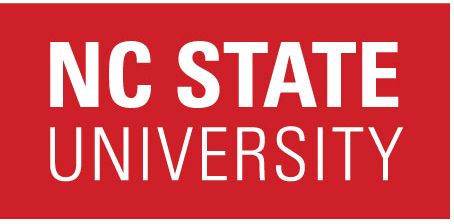PDF: Managing Marine and Coastal Protected Areas: A Toolkit for South Asia
Citation
IUCN, CORDIO, & ICRAN. 2008. Managing Marine and Coastal Protected Areas: A Toolkit for South Asia. Gland, Switzerland: IUCN.
Download PDF
Summary
Managing Marine and Coastal Protected Areas: A Toolkit for South Asia (South Asia Toolkit) has been prepared to help MCPA managers in their daily tasks. Containing 81 theme sheets arranged in two parts: The Management Process and Conservation and Sustainable Use, the Toolkit provides up-to-date information and practical guidance on a wide range of issues related to management of MCPAs.
The five maritime countries of the South Asia region, Bangladesh, India, Maldives, Pakistan and Sri Lanka, have extensive river deltas and diverse marine and coastal habitats that support some of the richest concentrations of biodiversity in the world and encompass globally significant mangrove, seagrass, and coral reef areas. An estimated 400 million people, many of them poor, are directly dependent on the ocean and coastal resources for food and to generate at least part of their livelihoods. Fisheries and coastal based tourism encourages essential foreign investment, generates local employment opportunities, and contributes significantly to national economies. Coastal ecosystems can act as the first line of defense in mitigating disasters, such as cyclones, hurricanes, storm surges and tsunamis. The benefits provided by the sea are only made possible with a healthy marine and coastal environment, and as such, the maintenance of healthy coasts and seas is critical in order to sustain the social and economic development of the South Asia region and protect these significant resources on behalf of the global community. Marine and Coastal Protected Areas (MCPAs), in their variety of forms and scales, from village level community managed areas to large scale nationally designated parks, are seen as one of the solutions to threats facing the coastal and marine environment, while contributing to the long term sustainable livelihoods of coastal communities, their cultures and their economies.
While people in the region have used MCPA-type schemes for fisheries management for hundreds, even thousands of years, the concept is a relatively recent introduction to modern society, and it is only in the past 50 years that MCPAs have grown significantly in number. There has been a steady increase in the total coverage of MCPAs in the region. However, South Asia lags behind other regions, and indeed global targets with respect to the number of MCPAs, with fewer MCPAs covering a smaller portion of the sea, as reported by IUCN’s World Commission on Protected Areas.
Disturbingly, many MCPAs that have been established across the South Asian region are not effectively managed. The reasons for this are many, including the complex tenure and institutional management issues connected with the governance of coastal and marine areas as well as the failure of planners to adequately value the goods and services provided by coastal and marine ecosystems, and invest in them accordingly. Other issues, such as limited training for ground staff, and poor access to simple and practical information, have further hampered MCPA management. In South Asia, the lack of capacity has been one of the key constraints to the establishment and effective management of MCPAs.
There are many publications and manuals on MCPAs, but few of these tools are suitable and targeted to assist and support MCPA site managers in their efforts – whether in government institutions, NGOs, or the private sector such as hoteliers and dive operators. It is in response to this perceived gap that IUCN, ICRAN, UNEP, SACEP, CORDIO and partner organisations, through the generous funding of the European Union, Ministry of Foreign Affairs, Finland and Mangroves for the Future, collaborated in order to prepare an MCPA toolkit for South Asia. This Toolkit will assist MCPA managers and practitioners to access current and consolidated information and guidance relating to all stages of MCPA establishment and management issues faced in day-to-day operations.
In the light of the shared regional commitments to protect the critical, and globally significant marine and coastal resources of South Asia, we encourage fellow government agencies and institutions within the region to promote the use and wide dissemination of this important tool. The ultimate value of this Toolkit in developing the capabilities of national resource trustees and MCPA ground staff for effective management in the face of the global environmental challenges we face depends on its uptake and application.




